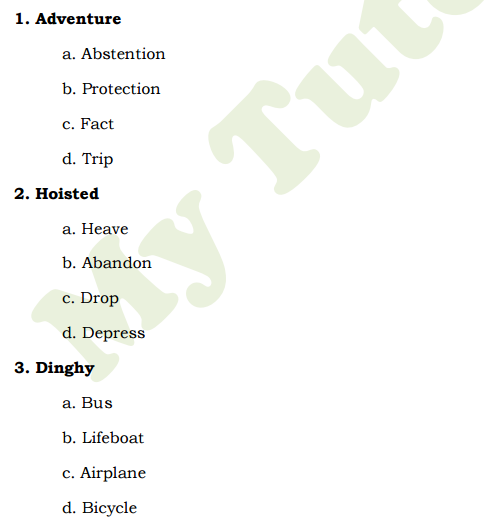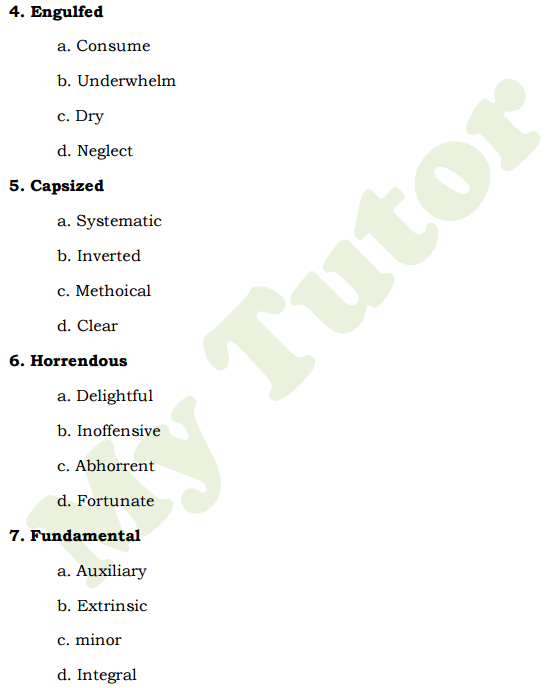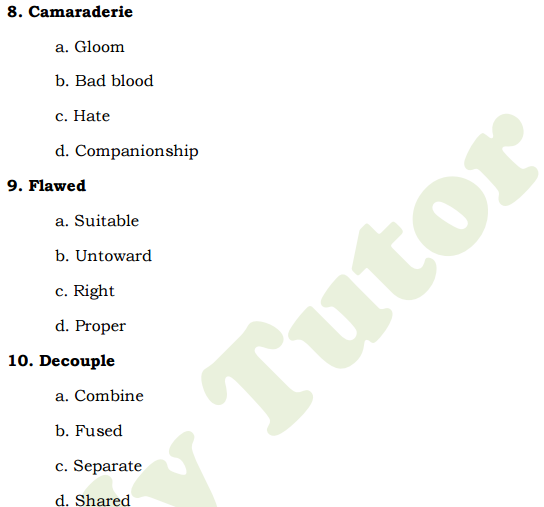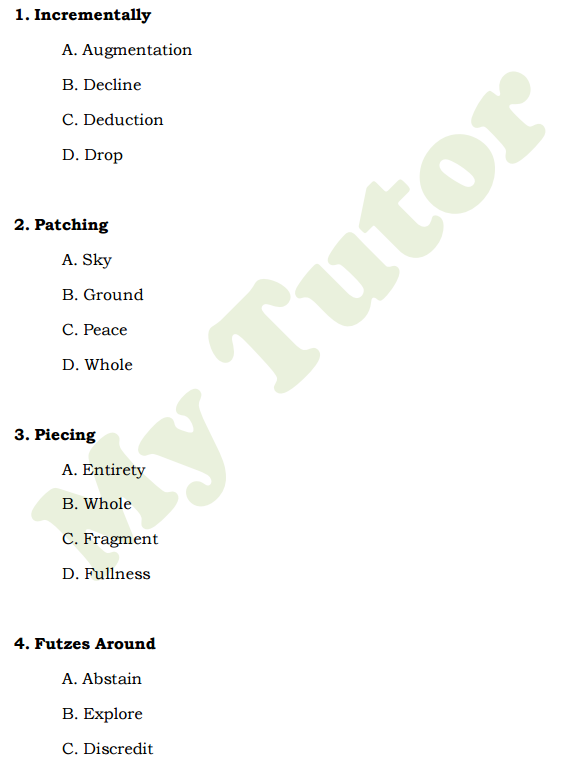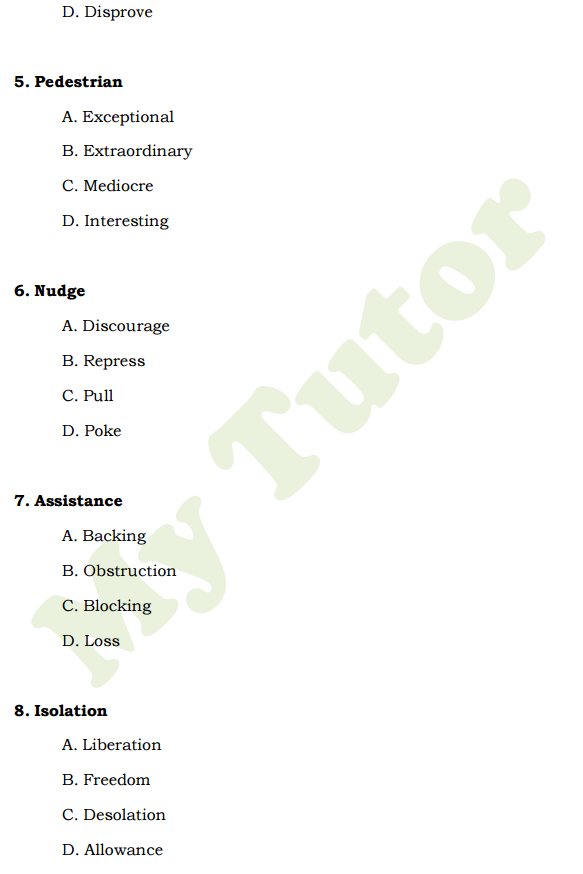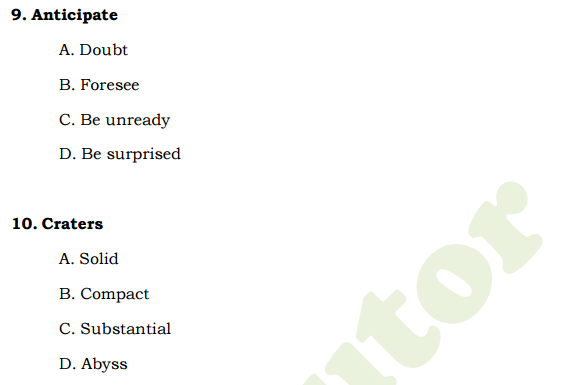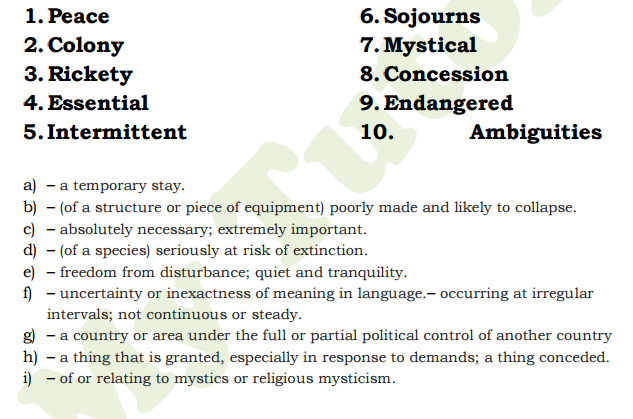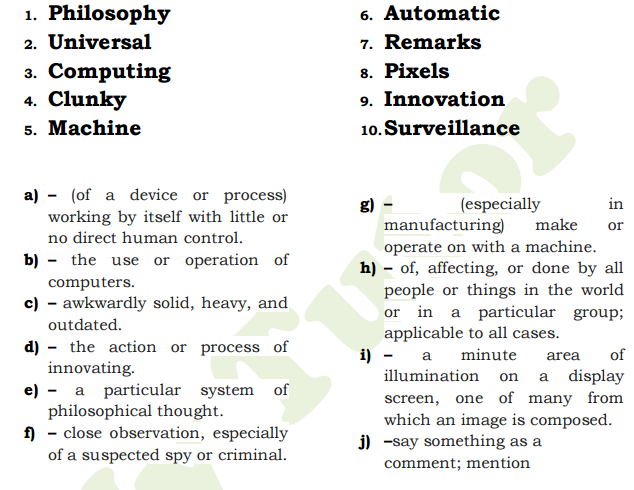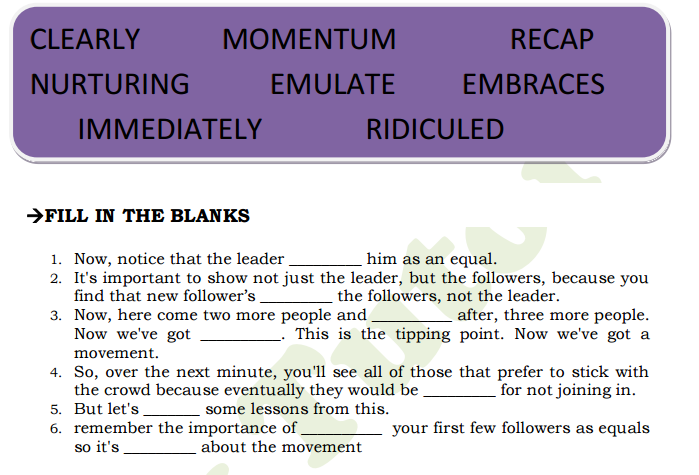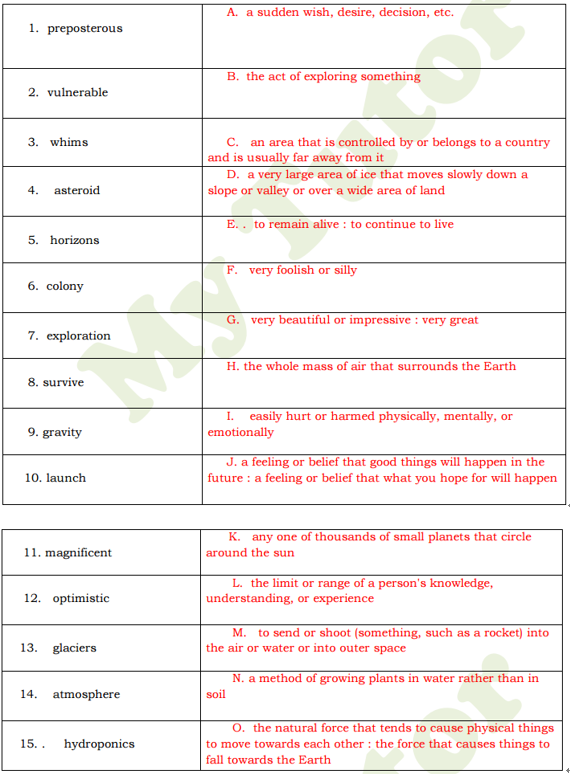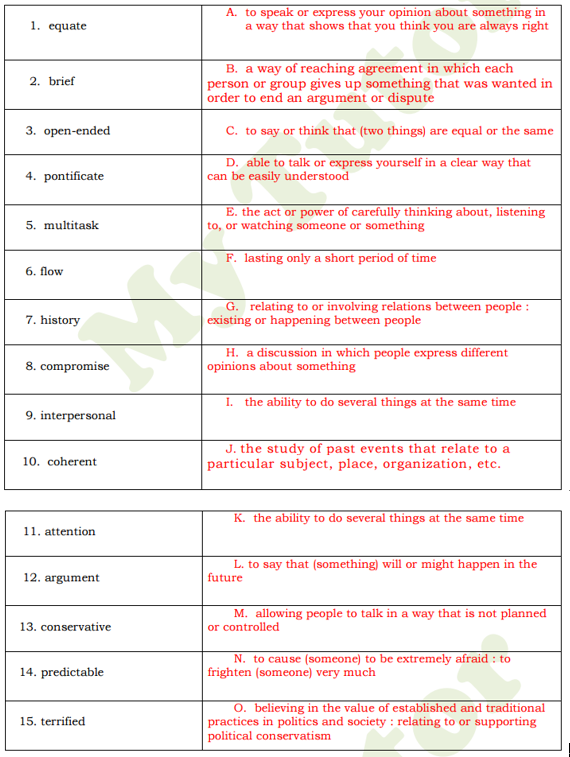Part 1 (Comprehension Questions with Sample Answer):
- What age did the she started to sail?
- What did she me made up in her mind at the age of four?
- What age did she begin to go apprenticeship?
- What is the name of the ship that used in sailing at the age of 24?
- What day did she first encounter storm at sea?
- What’s the definition of the speaker about the word “finite”?
- In the background of the speaker what is the job of her great-grandfather and how many years that he spent his life in the underground?
- What was the speaker found out as she went to the World Coal Association website? 9. “Can the circular economy decouple growth from resource constraints?
10.What is she referring to about her questions” So could we achieve this in their lifetimes? Is it actually possible?
Part 2 (Express Yourself Questions):
- Do you think changes in the economy are predictable?
- Are you interested in the economy?
- How important is the economic situation to your daily life?
- Do you think it is important to be knowledgeable about the economy?
- What do you think are the main economic problems in the world today?
- Do you worry about the world economy?
- Do you have any ideas about how the problems could be solved?
- What can assist economic growth?
- What do you think will happen 20 years from now?
- Do you think there would be lot of inventions in the near future?
- What are the best and the most useful inventions of the mankind in the 20th and 21st centuries?
- What famous inventors do you know?
- How did the Internet influence such things as communication, correspondence, access to information?
- Do you think that the Internet is the good or the evil?
- What do you think is the worst invention of the mankind? (weapon, atomic energy, cigarettes, television, mobile phones, cars, genetically modified products etc)
- Can you name some inventions are you looking forward to? (human cloning, time traveling, eternal-life-pill, AIDS\cancer vaccine, teleportation)
- Just like what the speaker did have you tried to go sailing around the world?
- Do you have interest in sailing?
- How many countries have you been to? How many states?
- How many times have you traveled abroad?
Part 3 (Activity): Multiple Choice:
